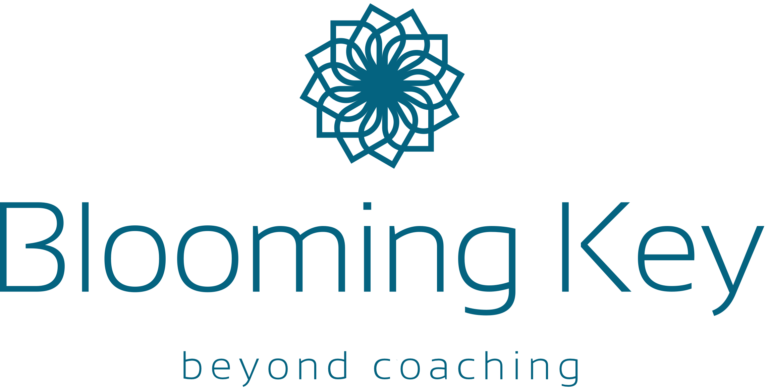Finding the right life coach can transform your life. The right coach will help you set goals, overcome obstacles, and unlock your full potential. But with so many options available, how do you find the right life coach for your needs? The answer lies in asking the right questions, trusting your gut, and being open to change.
What Is a Life Coach?
A life coach is like a personal trainer for your mind. They help you clarify your goals, create a plan, and keep you accountable along the way. Unlike therapists, life coaches focus on action and results, although some integrate therapeutic tools into their sessions. See our coaching packages to explore what works best for you.
Questions to Ask Your Potential Life Coach
1. What’s your coaching style?
Every coach has a unique style. Some are direct and structured, while others take a collaborative approach. Make sure you feel comfortable with their method and communication style.
2. What’s your background and experience?
Experience matters. Ask about certifications, coaching credentials, and examples of working with clients who had similar challenges to yours. Trusted directories like ICF Coach Finder can also help verify credentials.
3. What do your clients say?
Reviews and testimonials give you insight into the coach’s effectiveness. Check Google or social media reviews, and don’t hesitate to request references. Real feedback can reveal their impact on clients.
4. How do you support clients resistant to change?
Change can be uncomfortable. The right coach will help you break through resistance, challenge limiting beliefs, and encourage personal growth. Some may also use holistic approaches such as mental fitness coaching.
5. What’s your availability and communication style?
Ask how often you will meet, whether sessions are in person or online, and how they handle follow-up communication. Clear expectations make the process smoother.
6. How do you handle confidentiality?
Coaching requires trust. Make sure your coach has clear boundaries and respects confidentiality, so you feel safe sharing openly.
Classical Life Coach vs. Mental Fitness Coach
A classical life coach focuses on goals, mindset shifts, and accountability. A mental fitness coach takes it further by integrating bio-energetic techniques to release subconscious blocks and emotional patterns. This holistic approach can be especially powerful for those who feel stuck with traditional coaching. For a scientific view on the impact of coaching, see this Forbes article on coaching results.
Why Gut Feelings and Reviews Matter
Choosing a coach is personal. Trust your instincts—if you feel safe and connected, you’ll get more out of the process. Reviews provide social proof and help confirm whether the coach’s style matches your needs.
Being Open to Change
Even the best life coach can’t help if you resist growth. Be ready to embrace new perspectives and challenge your comfort zone. Success comes from both guidance and your willingness to evolve.
Wrapping It Up
To find the right life coach, ask thoughtful questions about style, experience, client feedback, availability, and confidentiality. Compare approaches—classical life coaching versus mental fitness coaching—and always listen to your gut. With the right support, you can achieve your goals, break free from limitations, and unlock your true potential.
Ready to take the first step? Book a free introductory session today and start your journey toward clarity, confidence, and growth.





